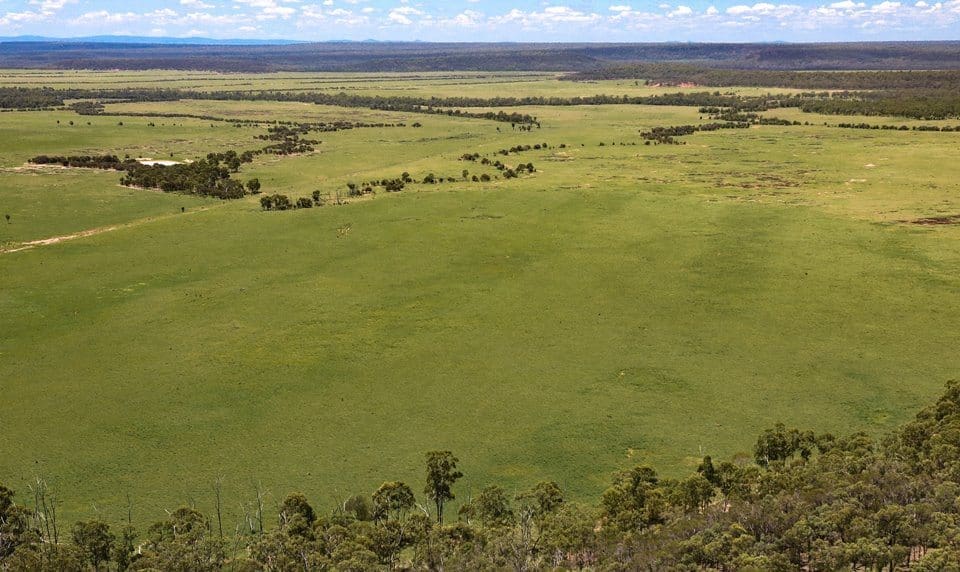A farm lobby group has hit back at a research paper released this week by the University of Queensland, arguing that environmental laws were failing to slow deforestation rates in Australia.
The report looked for clearing events through publicly available satellite data across Northern Australia to see if it complied with regulations across state, territory and federal jurisdictions – to find that many clearing events were compliant with one but not all.
“Queensland had by far the highest rates of deforestation with 75 per cent of cases exempt from assessment under the state’s main vegetation management law,” lead author and PhD candidate Hannah Thomas said.
“In contrast, most clearing in the Northern Territory was assessed, although approval was almost always the outcome.
“In those cases, development of the agricultural and mining sectors across northern Australia was driving the clearing, and particularly linked to pasture development for beef cattle.”
Close to WWF lobbying position
The research was supported by WWF-Australia, which is known as the organisation that drove the current focus on “deforestation”.
It labelled Australia a “deforestation front” in 2021 and has been a driving force behind Europe’s deforestation-linked import regulations that are set to come into play later this year. WWF is also a founding organisation of an initiative called Science Based Targets – which is making big supply chain companies like McDonald’s set deforestation targets.
WWF has also been active in the debate over Australia’s vegetation management laws for decades, particularly in Qld. The organisation also uses the satellite data to argue that vegetation management laws need to be tightened.
Dr Martin Taylor is an author on the UQ paper and is formerly a researcher with WWF, who has been campaigning for tighter vegetation management laws.
It uses these lobbying efforts for fundraising.
AgForce chief executive officer Michael Guerin said the WWF has been lobbying against land that is exempt from clearing regulations. He said the UQ study struck a similar tone.
 “The WWF has been campaigning against Category X land for years, using reports like this get its point across and calling for donations while they are doing it,” he said,
“The WWF has been campaigning against Category X land for years, using reports like this get its point across and calling for donations while they are doing it,” he said,
“A quick look at the paper and you can see it is similar to WWF campaigns that have been running for years – cherry-picked facts and only telling one side of the story.
“These reports paint everything as deforestation, even when it its weed control or regrowth control. Clearing regrowth is an important part of agricultural production and maintaining biodiversity. We have been trying to work with them on getting some actual outcomes for years but they won’t come to the table.”
Beef Central has asked UQ if it had any concerns about the integrity of the paper, given the close association with WWF.
What is deforestation?
As deforestation legislation is being developed and is often used in reference to clearing of virgin reference in places like the Amazon, definitions of forest has become an import part of legislation and claims.
While definitions are being debated, thresholds that include vegetation height and canopy cover are part of current frameworks.
Beef Central asked UQ what definition of forest was used to make the make the claim that deforestation was a problem. One of its researchers told us that it was more general clearing and that “deforestation” had become the internationally accepted term.
The paper also made the point that forest thresholds were not accounted for: “some of northern Australia’s sparse woodlands may not meet an internationally recognized definition of forest.
We therefore refer to loss of native forest and woodland vegetation in relation to our analysis as clearing, a term often used in Australia to define removal of any type of native vegetation.”

